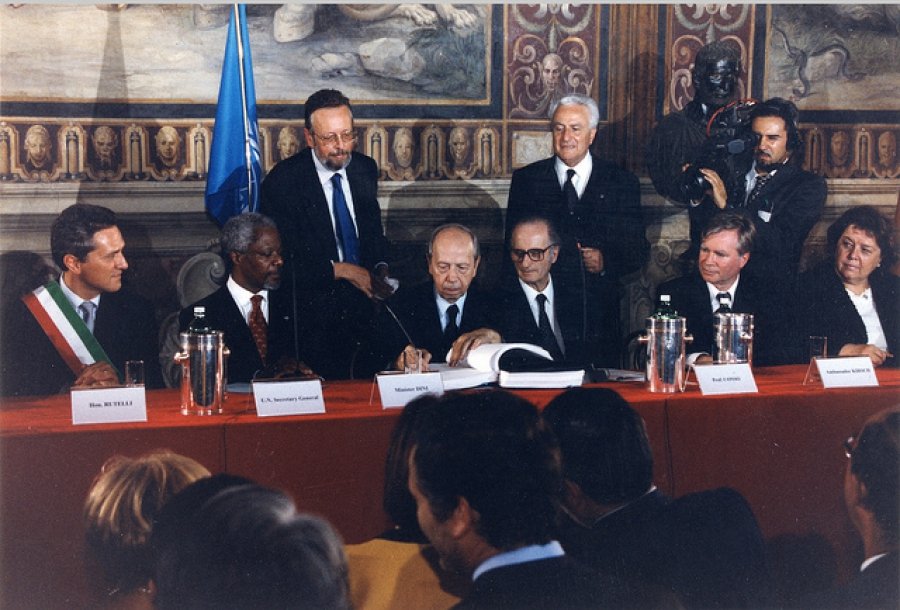September 18th, 2024: The Rome Statute no.2
A second circle on the Rome Statute that delved deeper into the document and whether we agree with its premises and applications. The day this circle was held, the UN General Assembly adopted a ‘historic’ resolution that called for an end to the occupation of Palestinian Territories within a year.
We discussed the following:
The Rome Statute lacks a legal definition of “human”and “dehumanization”
The Rome Statute lacks mention of systemic racism and the ideological structures enabling the “crimes against humanity” it describes to occur
The Rome Statute lacks a definition of “culture”. We discussed “culture” as encompassing the beliefs, norms, ethics, language, and practices of a people
The premise of the Rome Statute does not acknowledge that some countries are far more powerful than others and have caused more harm than others. Should these countries be required to do more to ensure global peace according to international law?
The Rome Statute lacks mention of liberation movements and whether “crimes against humanity” in these contexts should be understood differently
Should military intervention by a third country be required according to international law in order to de-escalate a war between two other countries? Which countries should be required by international law to potentially serve as military de-esclators? If all countries voted for a country to militarily intervene, but the country itself wishes not to, should the country be obliged under international law to intervene?
Can the Rome Statute serve its goal of establishing world peace when its decision-making process on global affairs takes so long - during which time, mass violence may only increase?
The definition of “terrorism” as an act that threatens the ideologies of a people, and is distinct from militia and guerillas
The inconsistent use of the term terrorism, and the idea that repeated abuse can lead to violent reactions. Should the term '“terrorism” be used in the context of liberation movements fighting oppressive regimes?
The terms “soft power” and “hard power” in international relations to enact control. “Hard power” refers to the use of material force (arms, sanctions, or policies), whereas “soft power” refers to the use of immaterial force, such as cultural influence (music, film, art).
